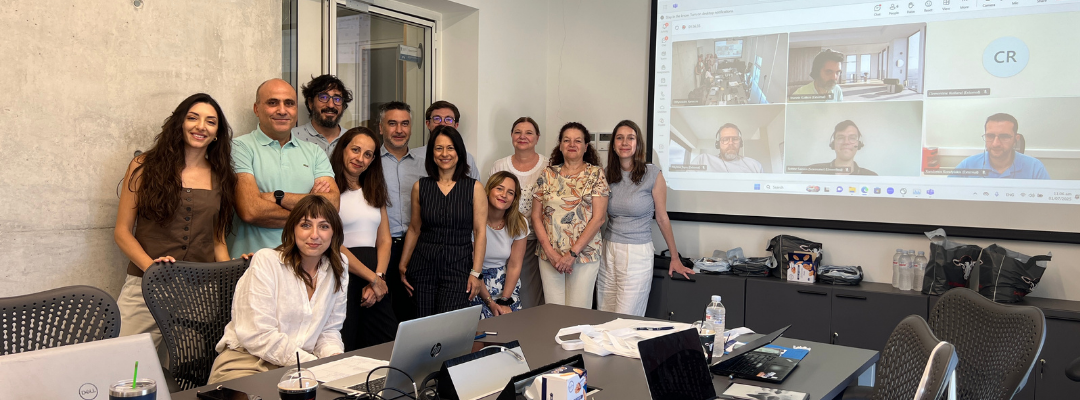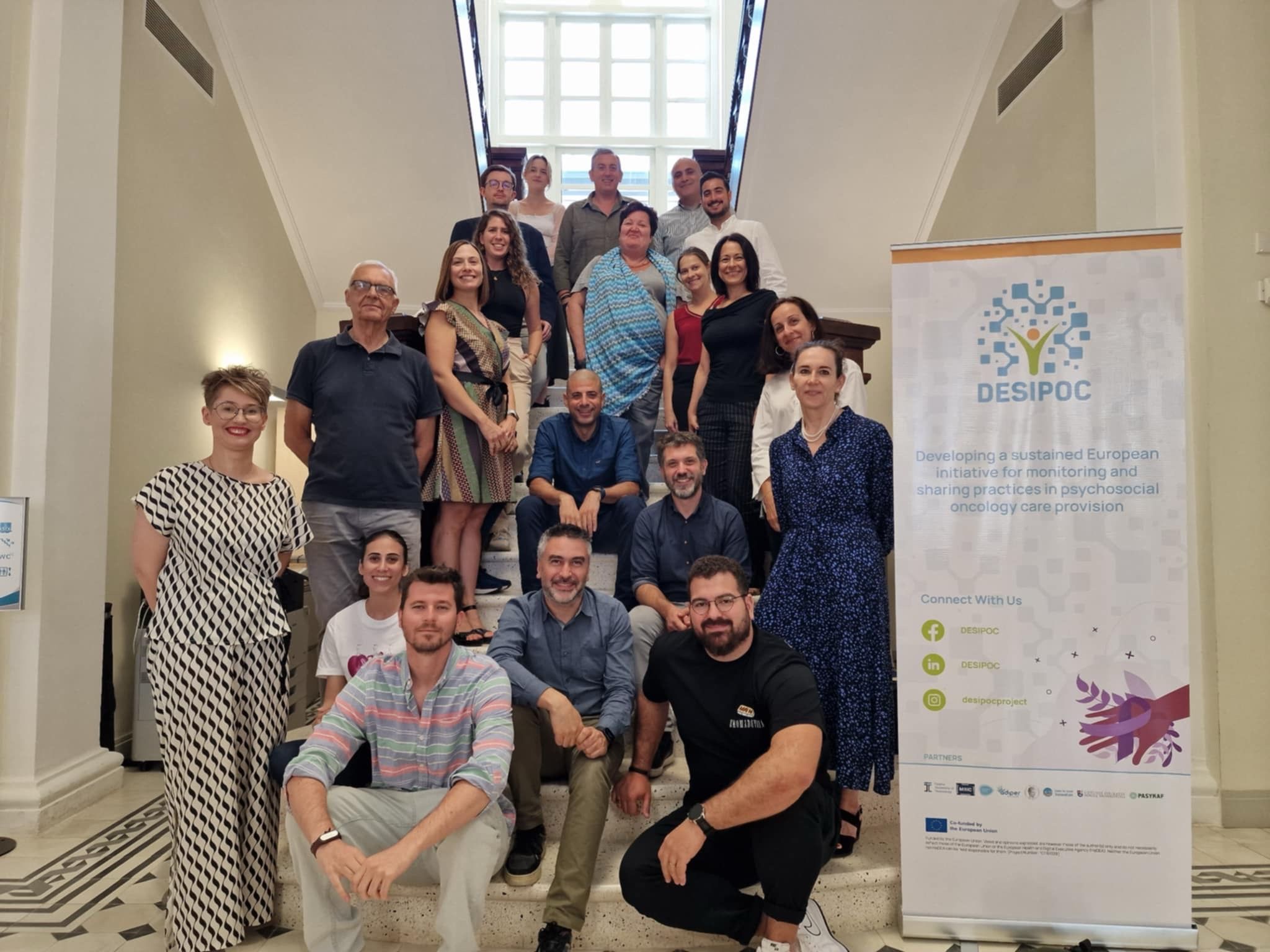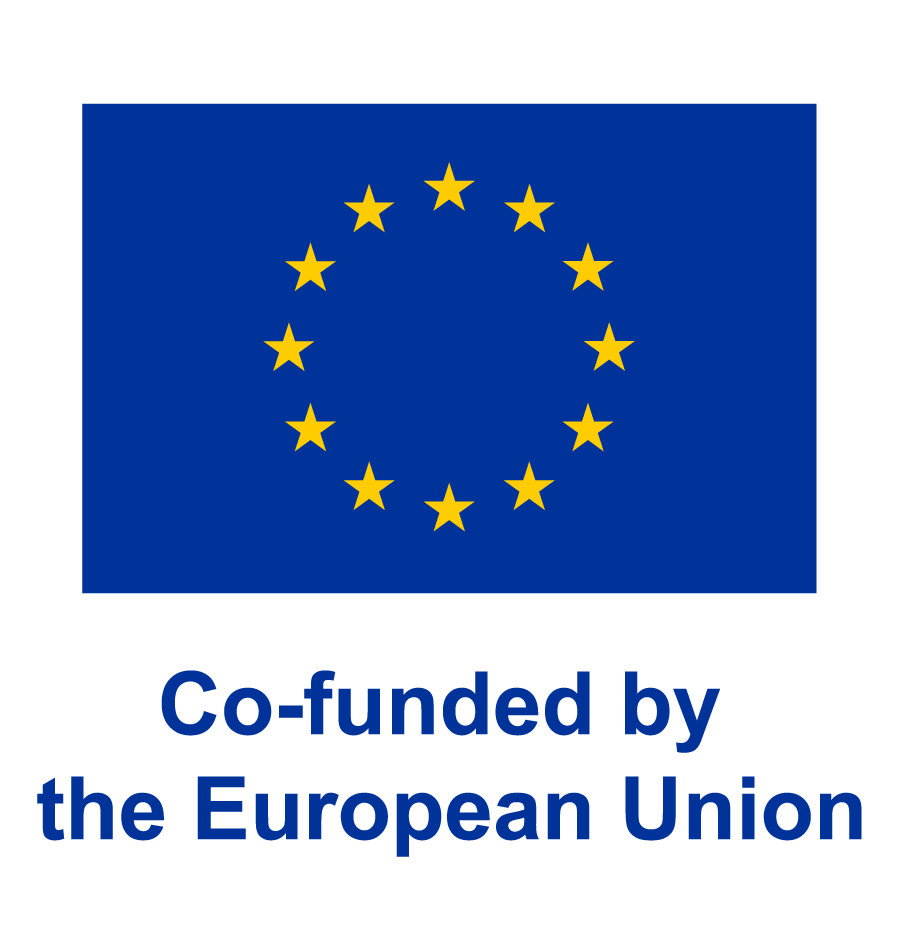DESIPOC
Project Duration: September 2024 to August 2027
Latest from DESIPOC
10 December: Advancing Mental Health in Cancer Care through Digital Innovation

Over 40% of cancer patients experience mental health challenges, yet fewer than one in five receive adequate support. To help change this, the DESIPOC and ALTHEA projects are holding a Joint Stakeholder Forum, hosted by the European Cancer Organisation (ECO) on 10 December, 15:00–17:00 CET (online).
Join patients, caregivers, healthcare professionals, and policymakers to explore how digital innovation can strengthen mental health care in oncology and shape the next phase of these two EU-funded initiatives. Register now to secure your spot.
1-2 July: Synergies between mental health and cancer care projects
The latest EU4Health projects bridging the gap between mental health and cancer care met in Paphos, Cyprus, to strengthen collaboration and exchange lessons learned during the project’s first year.
The programme included:
- An ALTHEA-DESIPOC-MELODIC Synergy Meeting to explore new pathways for collaboration, knowledge sharing, and cross-promotion of project results.
- Roundtable Discussion on Improving Psychological Support for People Affected by Cancer: Collaborative Efforts across EU Projects, where each of the projects presented its model and its progress so far. The presentations were supported by contributions from the Cyprus Mental Health Services.

16 - 17 October: Kick-Off Meeting
The kick-off meeting of DESIPOC was held on 16 - 17 October in Limassol, Cyprus. European Cancer Organisation staff travelled to meet the project consortium, to coordinate efforts and plan the work ahead. Representatives from the organisations involved in the project exchanged views and insights to develop the most effective strategies moving forward. ECO will play a crucial role in fostering synergies and cooperation within its extensive stakeholder network, as well as between DESIPOC and similar projects, in order to maximise their positive impact.

About DESIPOC
Cancer is the second leading cause of death worldwide, responsible for 1 in 6 deaths in 2018, according to the World Health Organization. As survival rates rise, more patients face the mental and emotional toll of the disease. Studies show distress, anxiety, and burnout are common and linked to higher mortality.
Europe must focus on addressing the mental health challenges of cancer patients and survivors – and it must do so urgently.
Screening tools exist, but inconsistent use, funding issues, workforce shortages and gaps in cross-border knowledge-sharing leave many vulnerable patients without the care they need and deserve.
DESIPOC aims to change that.
The project will create an innovative digital platform - the DESIPOC Virtual Observatory - focused on mental health support for cancer patients, carers, and healthcare professionals. This platform will enhance screening for depression, anxiety, and burnout while providing personalised interventions and remote monitoring.
It will also help policymakers understand and tackle the barriers to care. With pilot programmes in five EU countries (Cyprus, Greece, Lithuania, Romania, and Spain), DESIPOC is set to create a unified strategy, while considering national specificities.

Funded by the European Union. Views and opinions expressed are however those of the author(s) only and do not necessarily reflect those of the European Union or European Health and Digital Executive Agency (HADEA). Neither the European Union nor the granting authority can be held responsible for them.